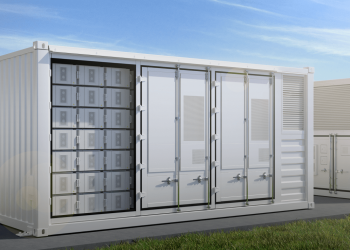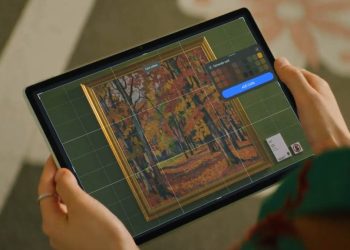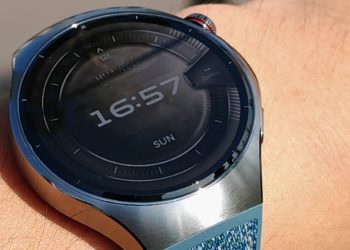A recent study has found that Huawei smartwatch sleep test performance is surprisingly accurate when compared to gold-standard sleep lab tests. The research, conducted by scientists in China, tested the Huawei Watch GT2 against polysomnography (PSG), the clinical standard for diagnosing sleep disorders. The smartwatch tracked sleep stages effectively, but its capabilities have limitations for diagnosing serious sleep issues.
Huawei Smartwatch Performance in Sleep Testing
The Huawei smartwatch sleep test evaluated the Watch GT2’s ability to monitor sleep stages—awake, light sleep, deep sleep, and REM—against PSG data. Conducted with participants from sleep clinics, the study demonstrated that while the smartwatch performed well for sleep/wake detection, it showed some discrepancies in sleep stage classification. For instance, the smartwatch sometimes misclassified REM sleep as light sleep and overestimated deep sleep.
Despite these errors, the device was still able to detect sleep and wakefulness accurately with a high specificity of 44.5% and sensitivity of 95.3%. Its overall agreement with PSG was impressive, with a Cohen’s κ value of 0.43, indicating moderate-to-substantial agreement. This suggests that while not perfect, the smartwatch offers significant potential for sleep monitoring in non-clinical settings.
A Step Toward Affordable Sleep Monitoring
While Huawei smartwatch sleep test results are not yet sufficient for diagnosing sleep disorders, it provides an accessible and reliable method for tracking general sleep patterns. The watch offers valuable insights into sleep efficiency, total sleep time, and wake-after-sleep-onset, helping users monitor their sleep health.
The study concluded that Huawei’s smartwatch performs at nearly the level of clinical actigraphy, making it a promising tool for general wellness tracking. However, researchers stress that due to algorithm updates and device limitations, its clinical utility remains constrained, particularly for individuals with sleep disorders.
In conclusion, while the Huawei smartwatch sleep test results show that the Huawei Watch GT2 can be a helpful tool for basic sleep tracking, it’s not a replacement for clinical sleep testing. Those with suspected sleep disorders should continue to rely on polysomnography or other diagnostic tools. Nevertheless, for users looking for a convenient way to monitor their sleep health, Huawei’s smartwatch is a promising option.







